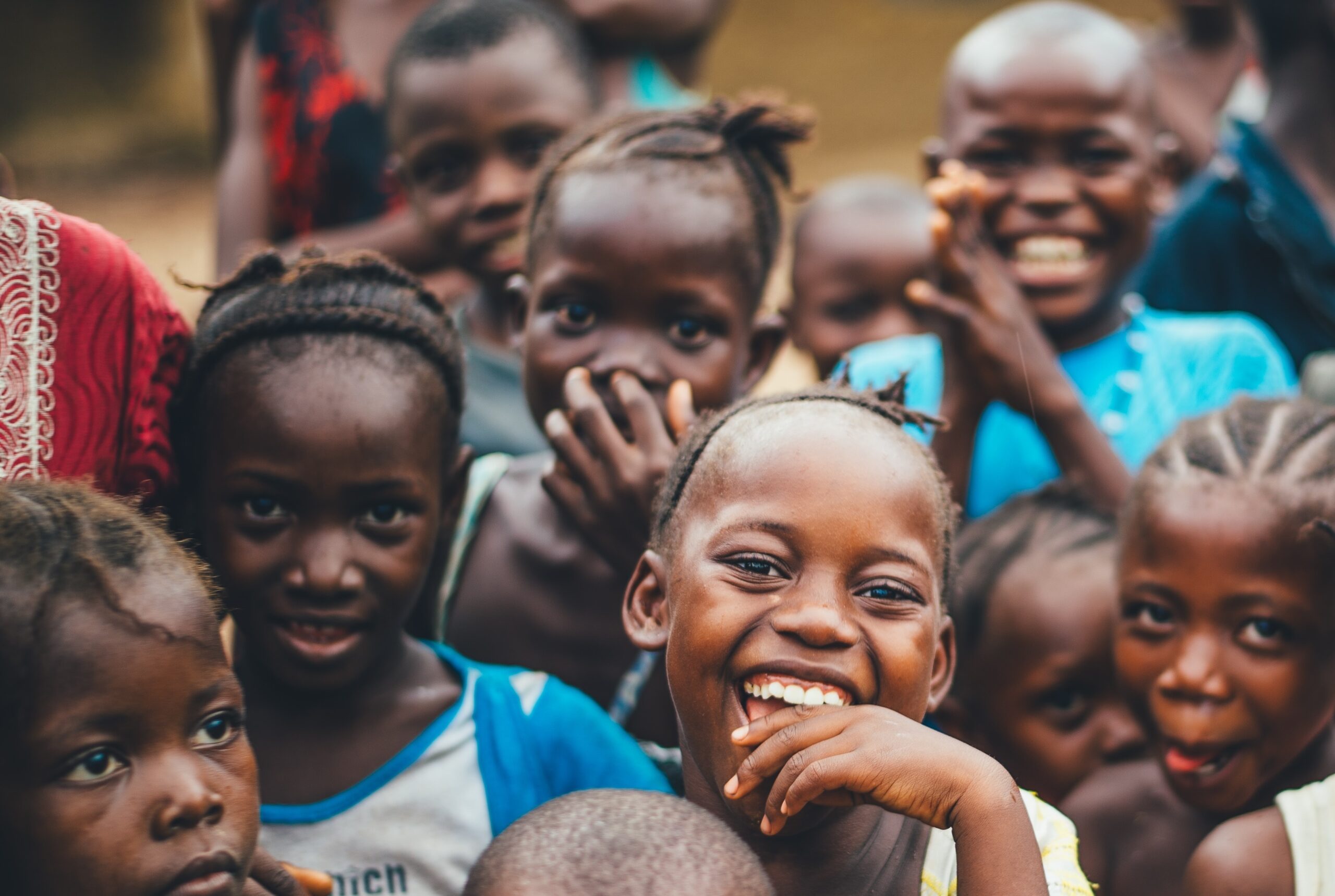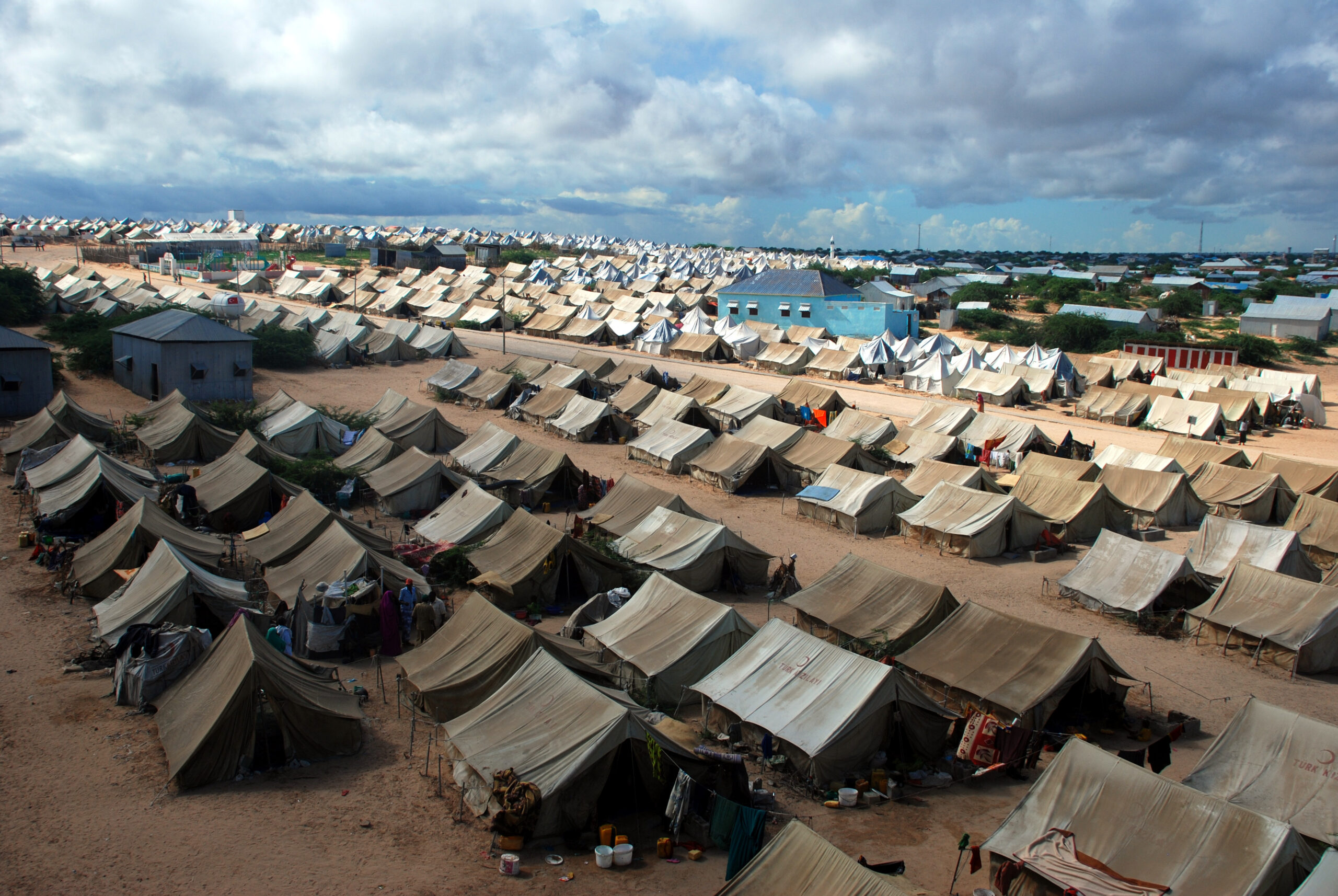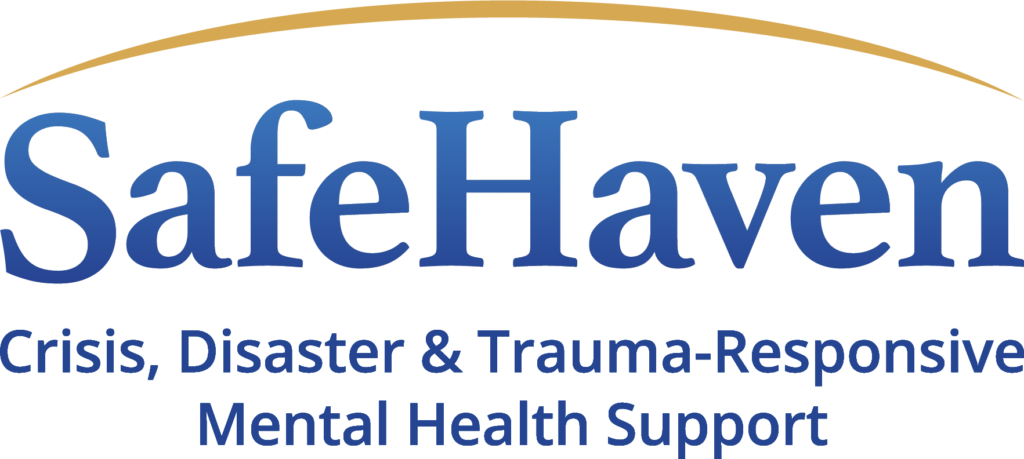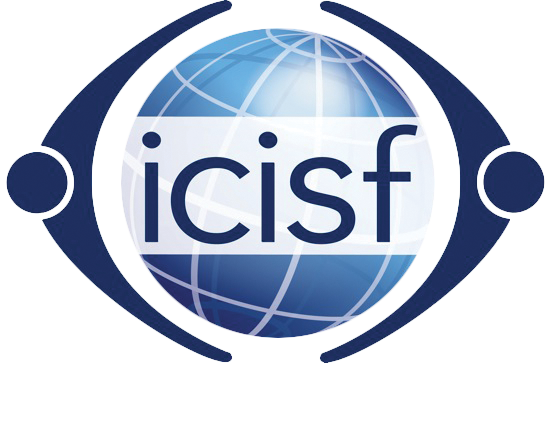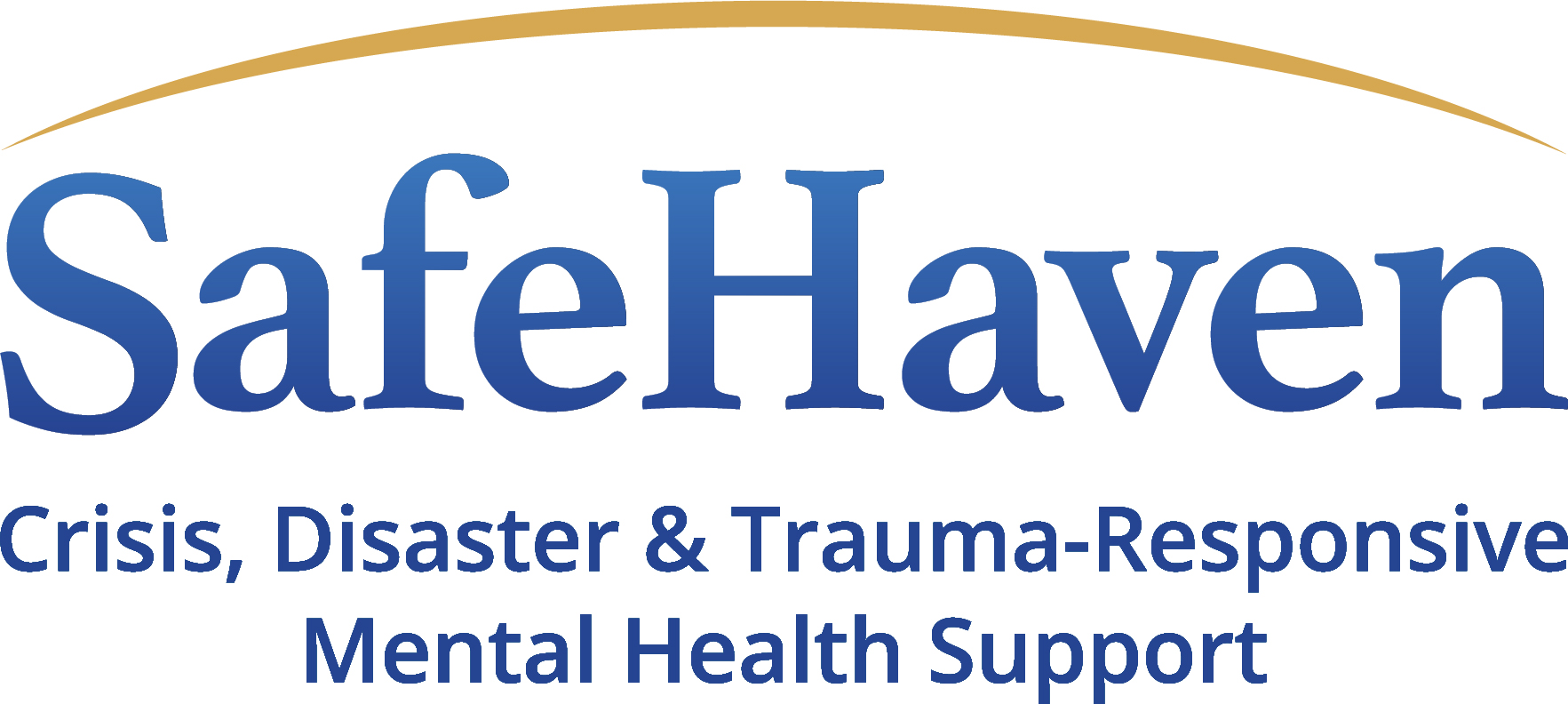Sectors
The sectors we partner most closely with often have an increased level of exposure to persistent high stress environments, activities, routines and demands and also an increased risk of traumatic events such as work place accidents, fatalities and other critical incidents. Because of this increased risk and exposure, our ongoing approach to partnering these organisations is through our membership model; and the dedicated approach we have to managing our client accounts, enables us to gain a deep understanding of their industries needs and challenges, not only through each critical incident response, but also by the joint approach to planning, assessing and mitigating risk.
Construction
Neglecting mental health in the construction industry has serious repercussions. Poor mental health has been dubbed the ‘silent epidemic’ within the sector. Workers dealing with stress, anxiety, and depression can compromise safety on construction sites, leading to accidents and injuries.
Common psychosocial hazards that may arise during construction work include high job demands, low job control (such as workers having limited say over break times), and inadequate support, like insufficient training. The primary sources of stress include physically demanding tasks, poor communication, labour shortages, excessive workloads, challenging deadlines, and conflicting demands.
In recognising the severity of this issue, SafeHaven has been instrumental in making efforts to improving the situation and prioritise mental health in the construction industry, by developing tailored training and providing critical incident counselling support to workers.
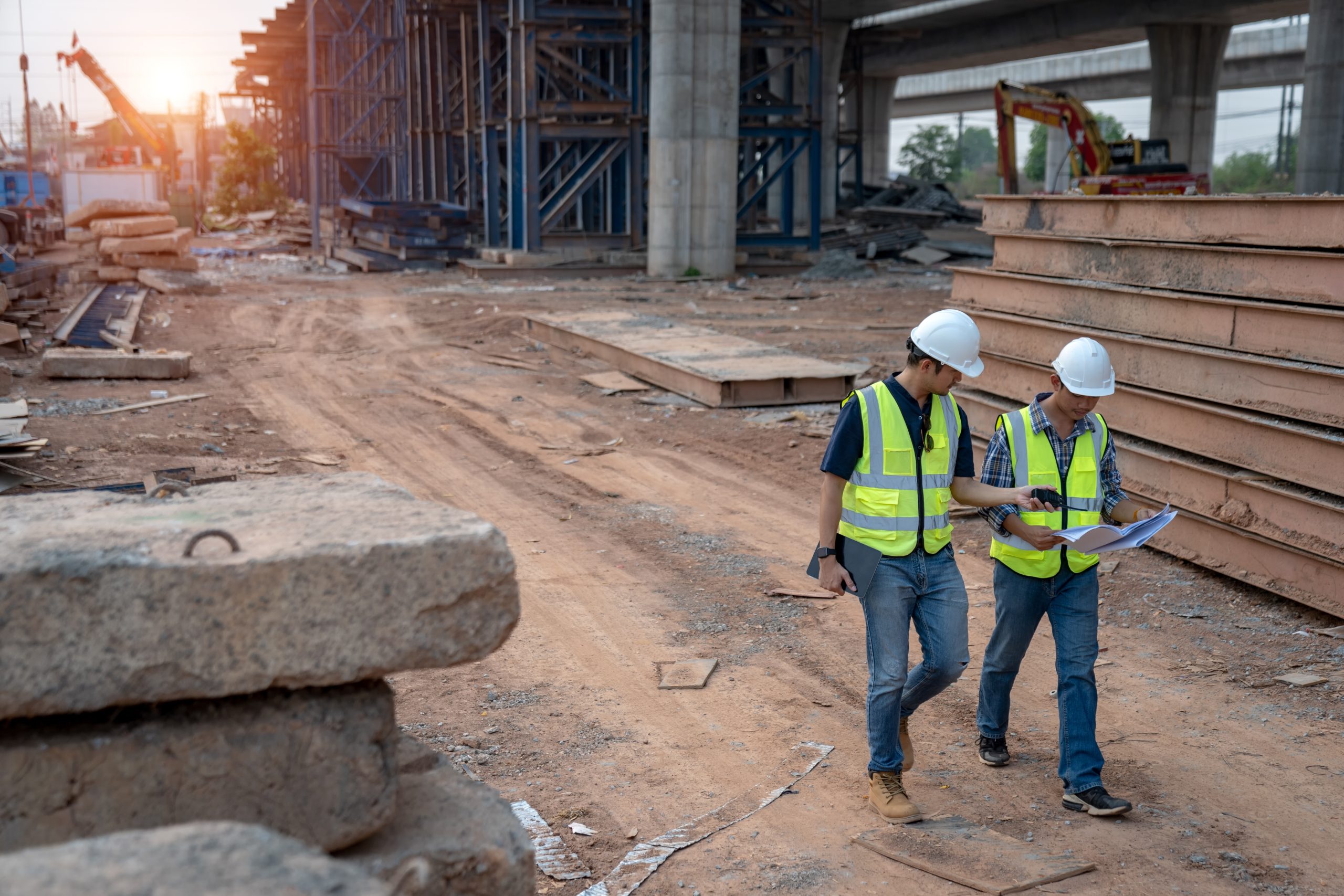
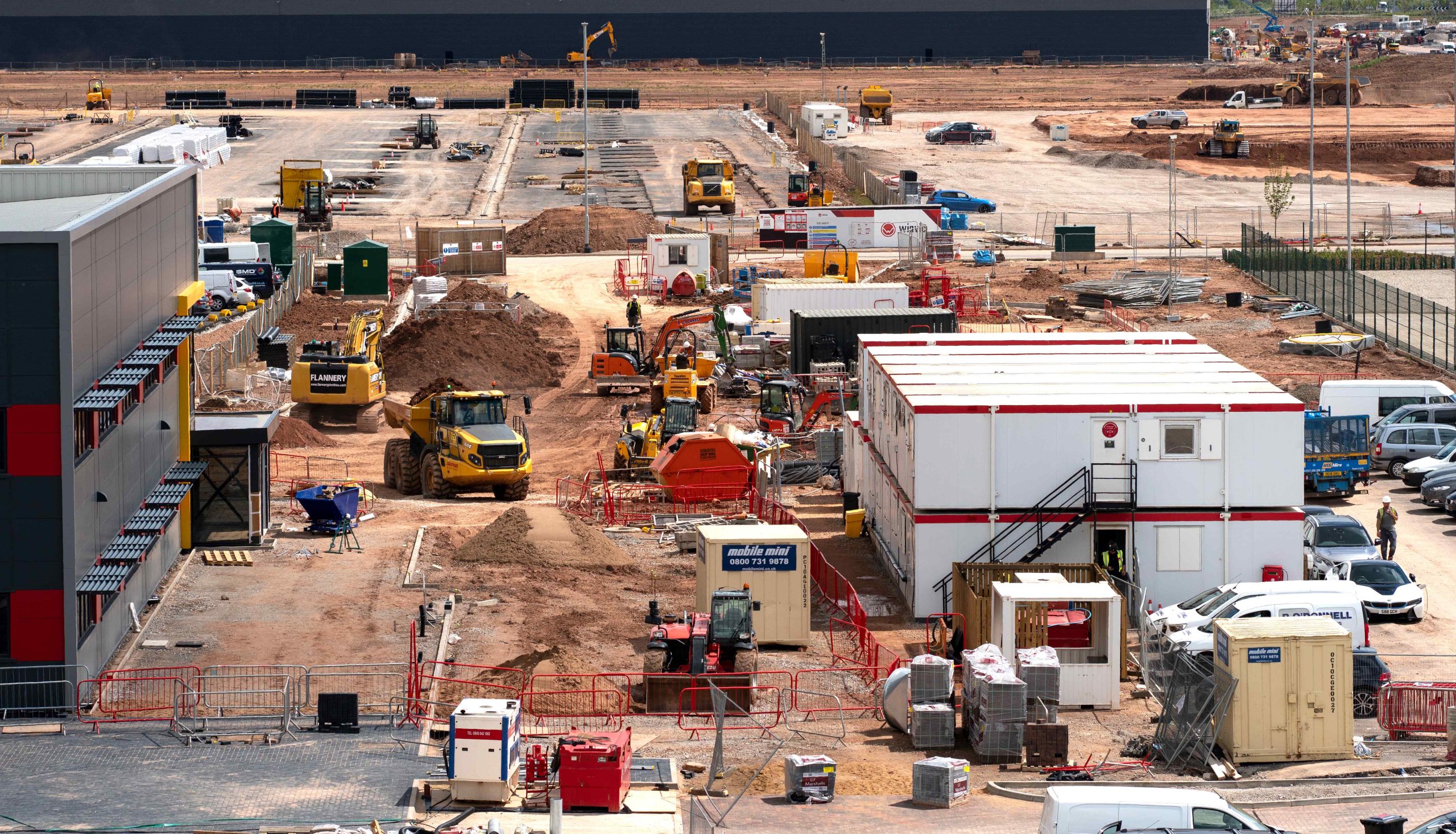

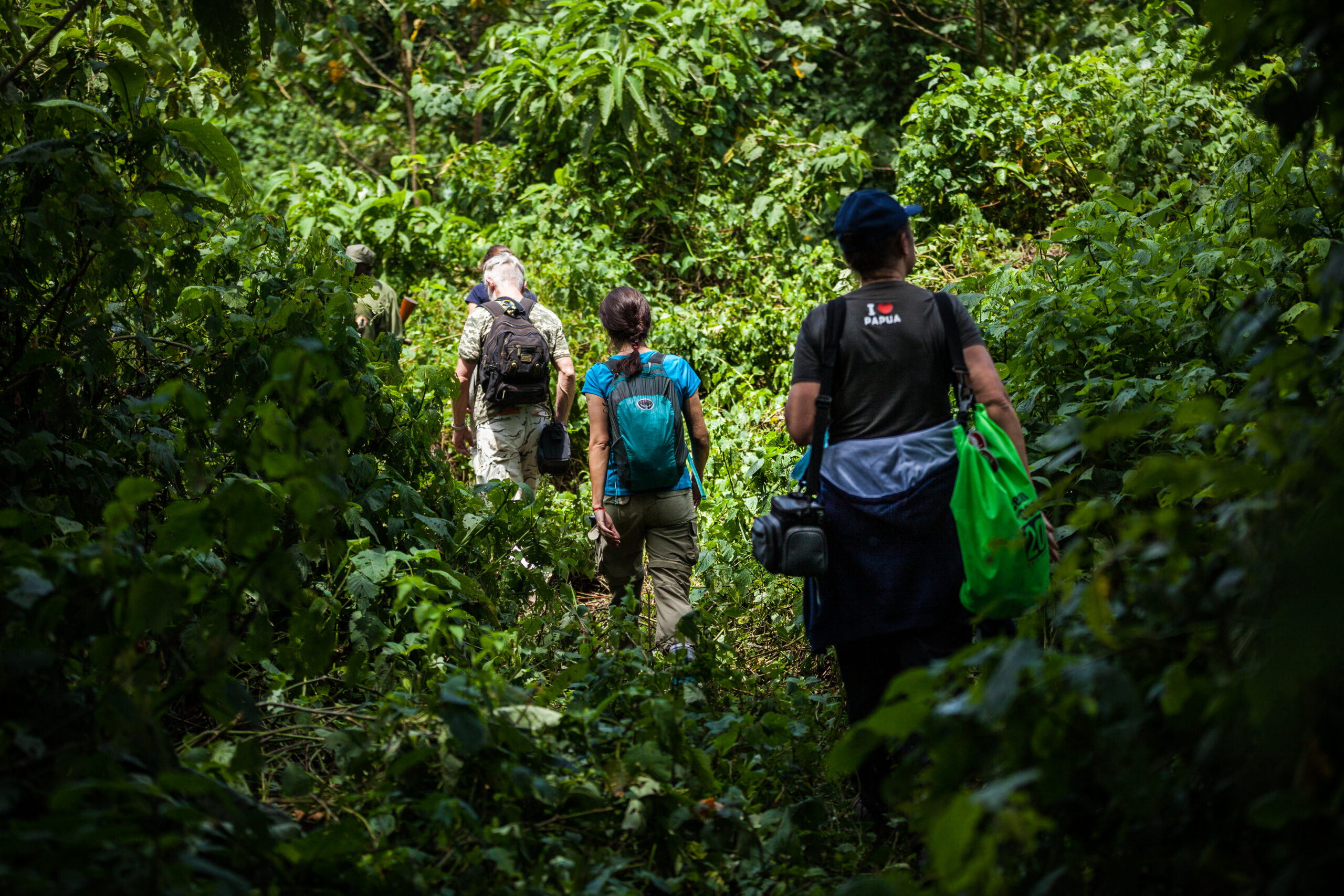
Education
SafeHaven support higher education institutions both here in the UK and overseas, supporting the specific demands faced by both students, faculty and staff studying, working and researching outside of their home country.
Mental health pressures in the young, especially in an academic setting far from family support networks, are already a challenge, but meeting the test of an acute traumatic incident and its effects on younger people is something universities look to us to ensure they achieve.
'Study Abroad' and research trips are frequently areas of key concern, especially when undertaken in more complex and remote areas or when there are pre-existing mental health challenges that can be exacerbated when located far from home.
Extractives
The Oil & Gas and Mining industries ask their employees to endure a range of emotional and physical demands quite different to an office based, 'white collar' worker.
Long and repetitive stays away from home, high risk work activities and truly global travel demands are just some of the everyday challenges faced by employees in this sector.
They are also high profile and highly regulated industries and the demands and rigour of such an intense spotlight of attention during a critical incident means the support we give to our clients in this space is truly 'year round' and demands us to know our customers and their decision makers before an incident occurs.
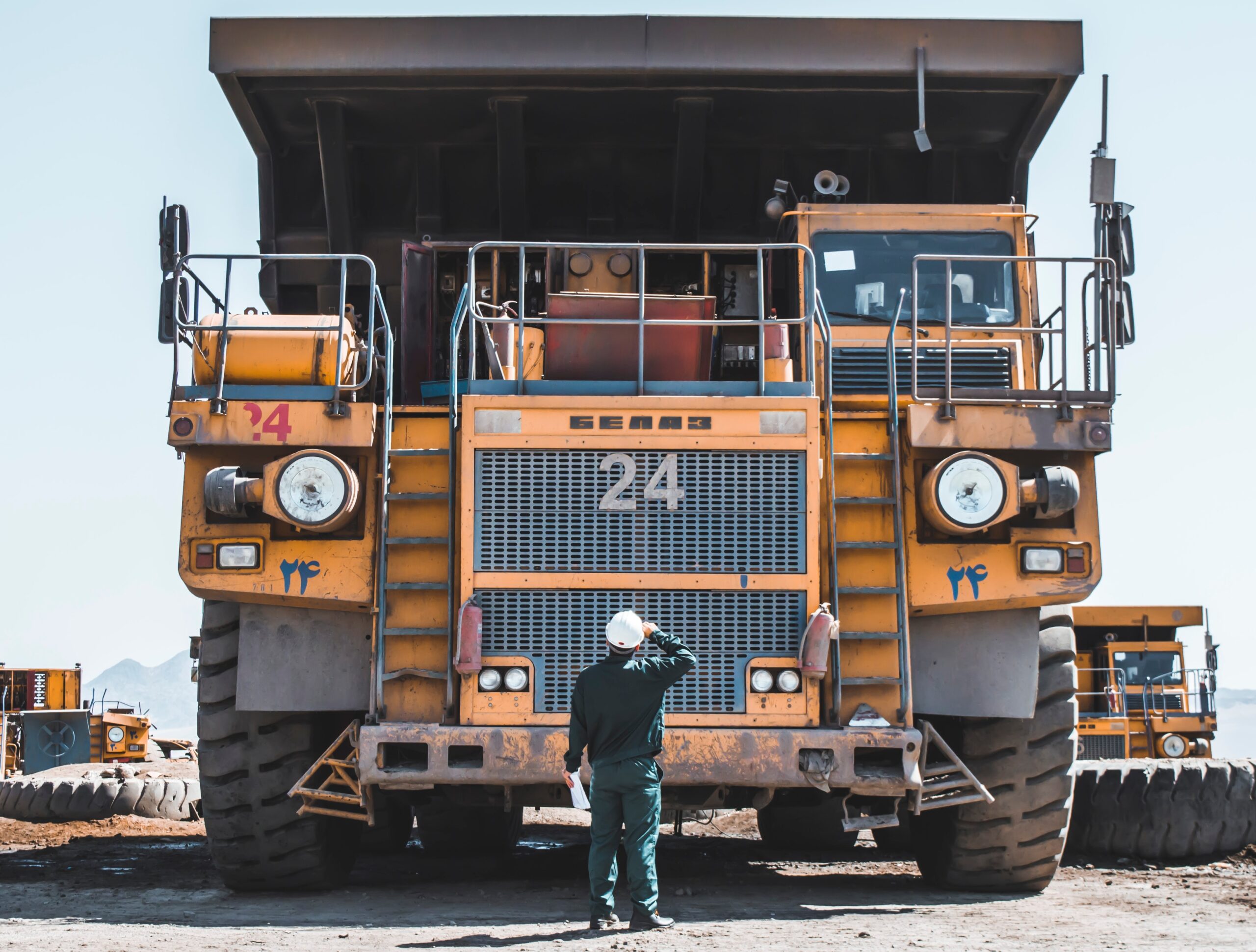
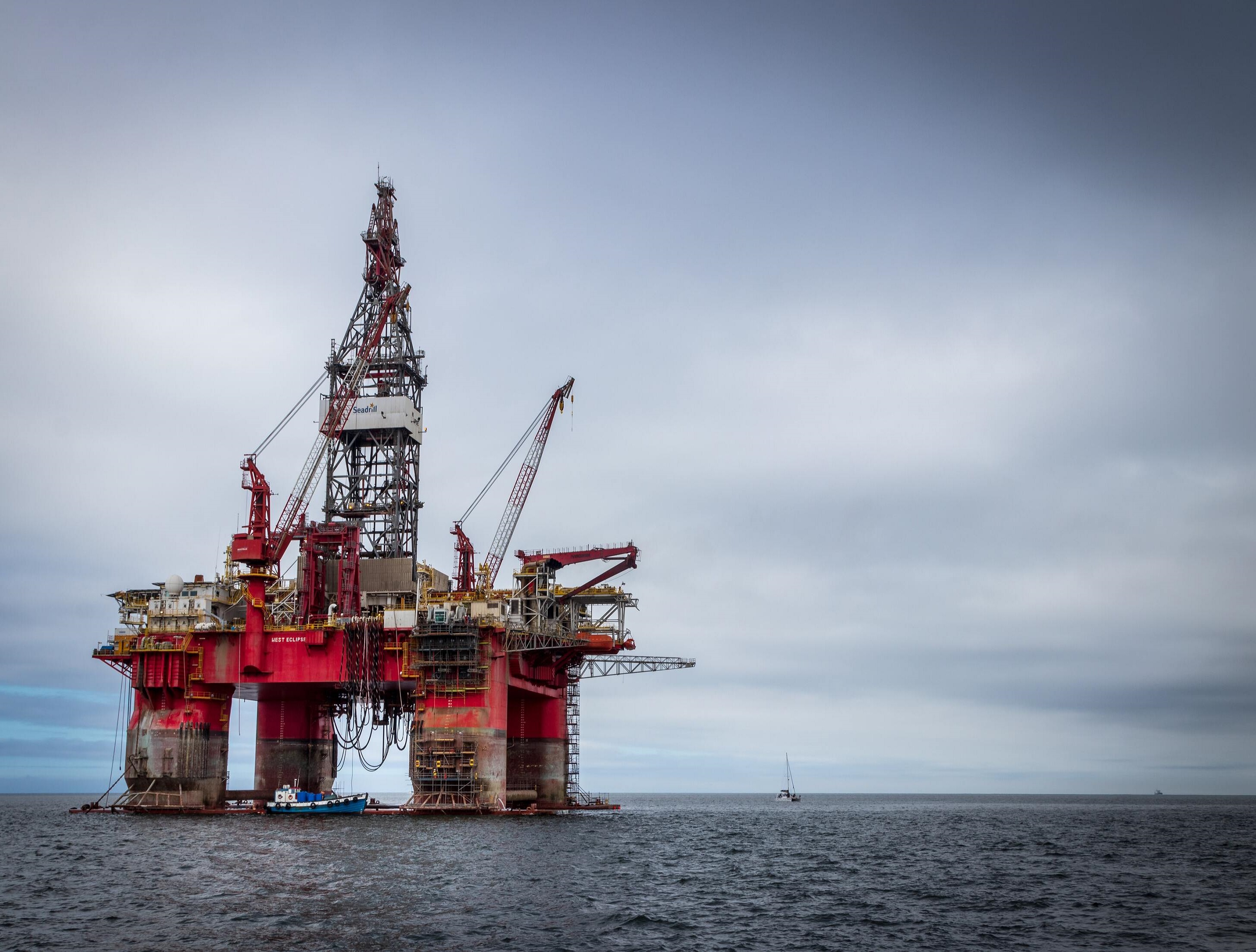


Government
With a heavy emphasis on policy consistency and training for challenging conditions, Government clients often involve high profile, often critical departments housing personnel in extremely demanding positions across the globe.Frequently we develop new solutions or adapt established models to meet the specific and specialist demands Government personnel are tasked with.
Our systems, processes, quality assurance and accreditations are always keenly assessed and as such our work in this sector invariably acts as a keystone mark of our integrity and performance.
Maritime & Yachting
Whilst differing significantly in many ways, both the maritime and the yachting communities look to us to support the challenges of being at sea for extended periods of time, working in close-knit teams and living in confined quarters.
The professional background of many Maritime personnel often raises particular psychological risks that are distinct and different to yachting. In contrast, yachting crew typically have both a different psychological profile and different demands and expectations placed on them, creating an alternative set of psychological stressors.
For both, being remote for hours, and sometimes days, following a traumatic incident, is generally strenuous and difficult and places significant strain on crew, impacting individual welfare, crew dynamics and effectiveness.
Like with business travel, a traumatic incident as sea may occur in a location where appropriate trauma-informed mental health care is simply not accessible locally. In these circumstances we use technology or deploy physically to be with crew and passengers/guests as swiftly as possible.

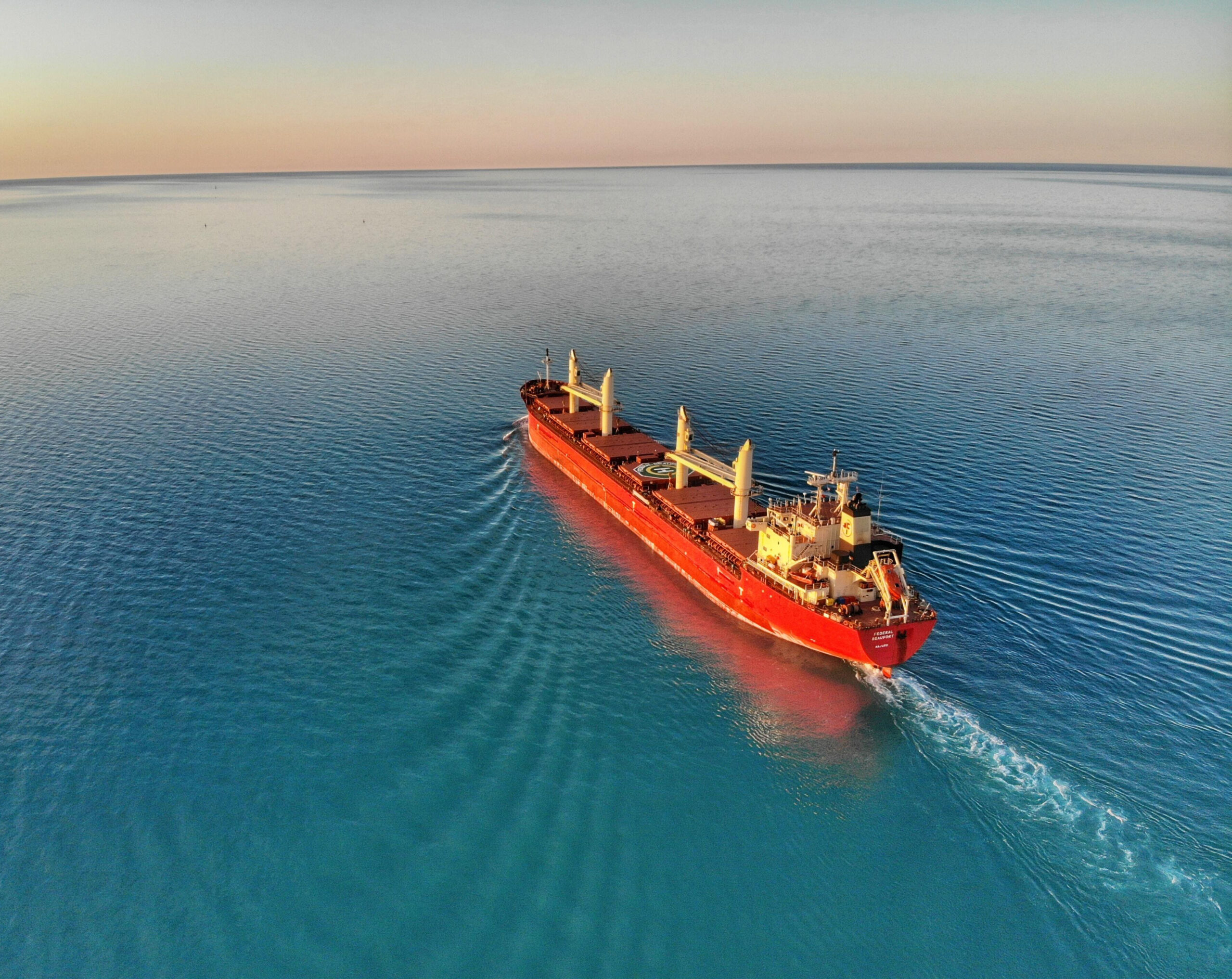
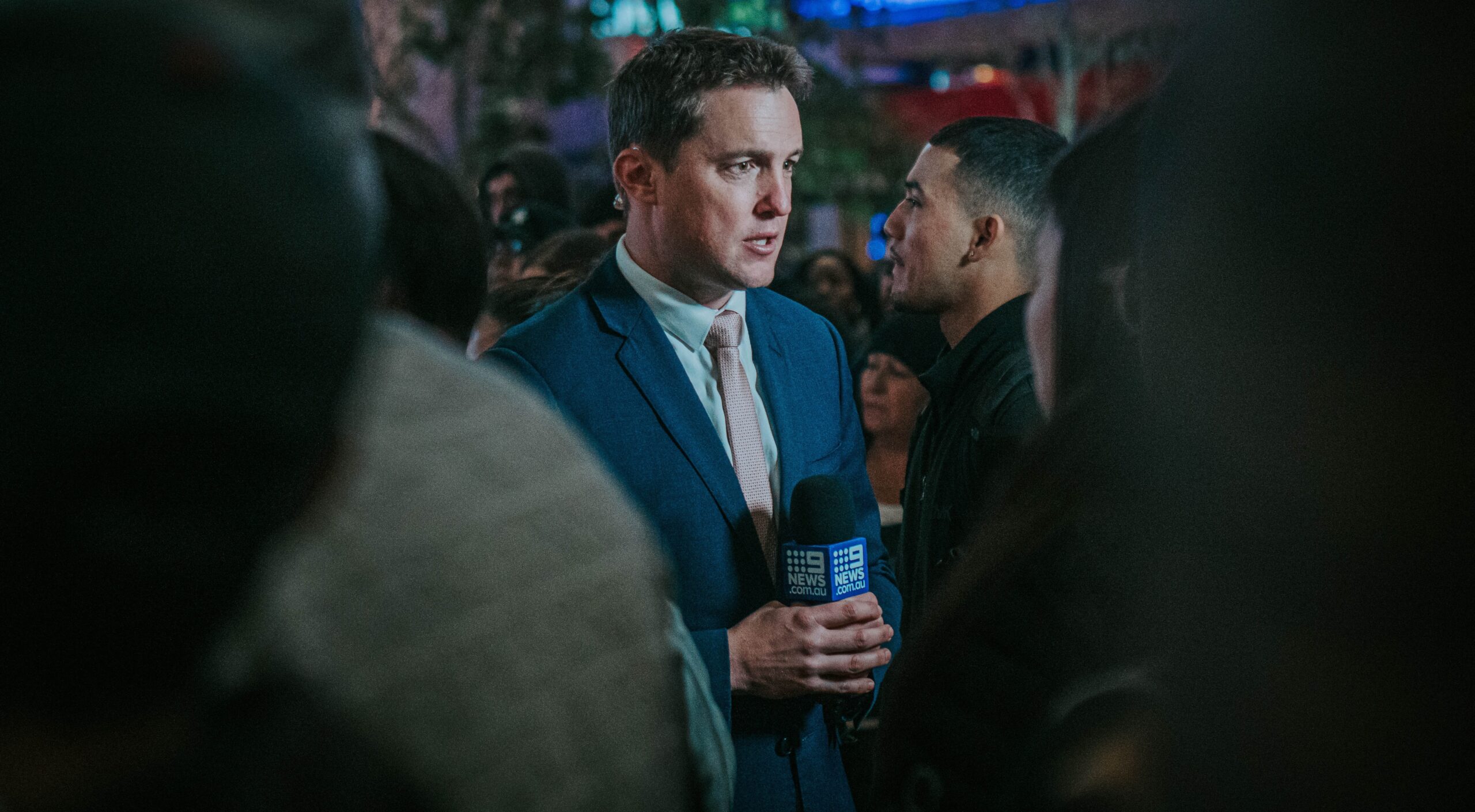

Media
Whether front line journalism in conflict zones, documentary making in remote locations, or the sharing of personal traumatic stories through radio or television programmes, many parts of the media face exposure to high risk situations and distressing scenarios, often with additional demands of remote, high risk, demanding travel.
It is also in the main a granular industry of smaller organisations who are without the developed specialisms and departments that can support mainstream media outlets.
SafeHaven regularly consult, train and respond to production teams who will be or have been exposed to distressed people or potentially distressing incidents, often in high risk filming locations.
Alongside this we provide psyche assessments and counselling support to contributors during filming and at programme release to manage the impact of their involvement, from both the experience of taking part in a production to the impact of media and general public reactions.
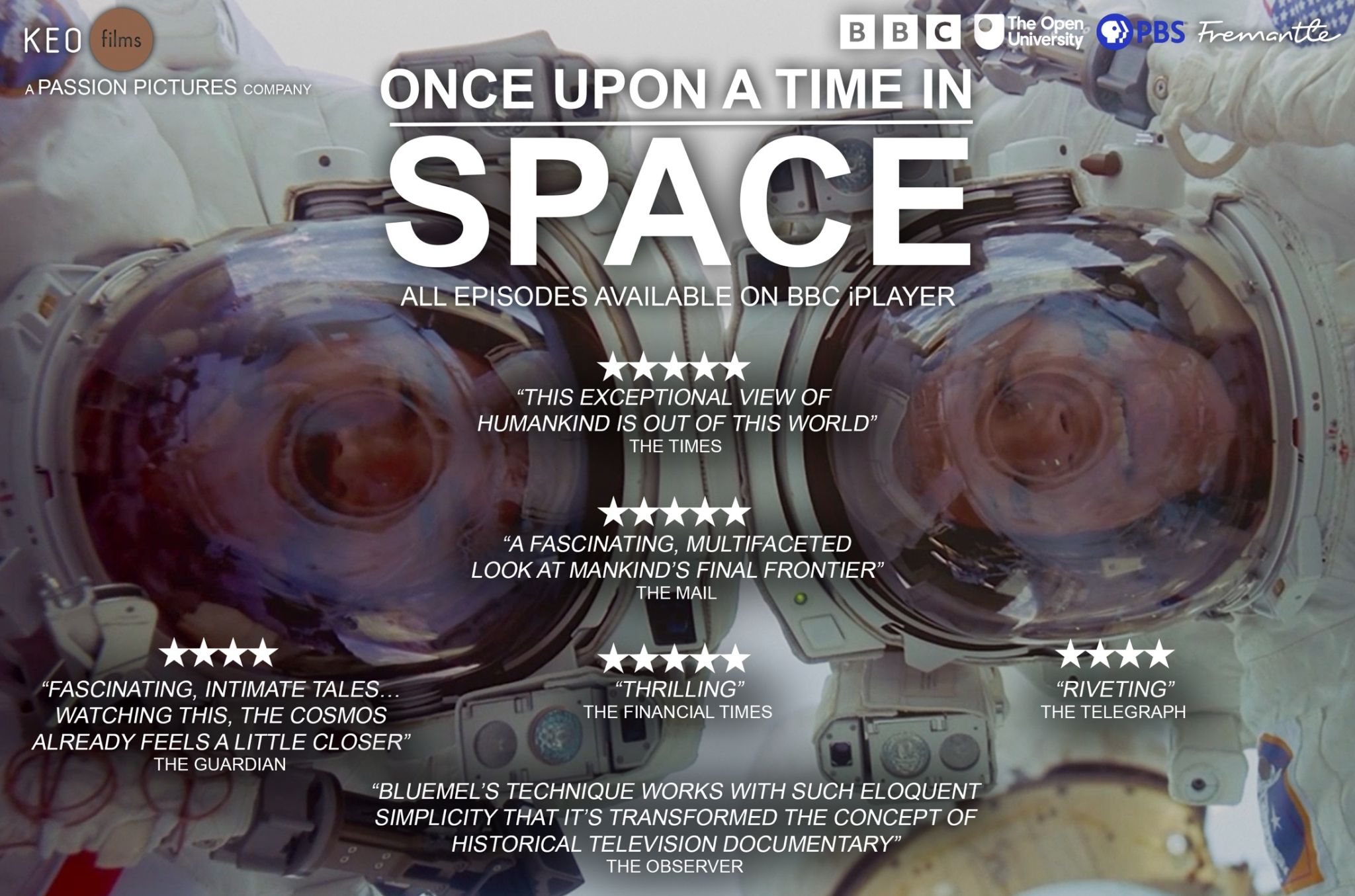
BBC: Once Upon A Time In Space

BBC: Loaded: Lads, mags & mayhem

Channel 4: Accused The Fake Grooming Scandal

BBC2: Bombing Brighton: The plot to kill Thatsher
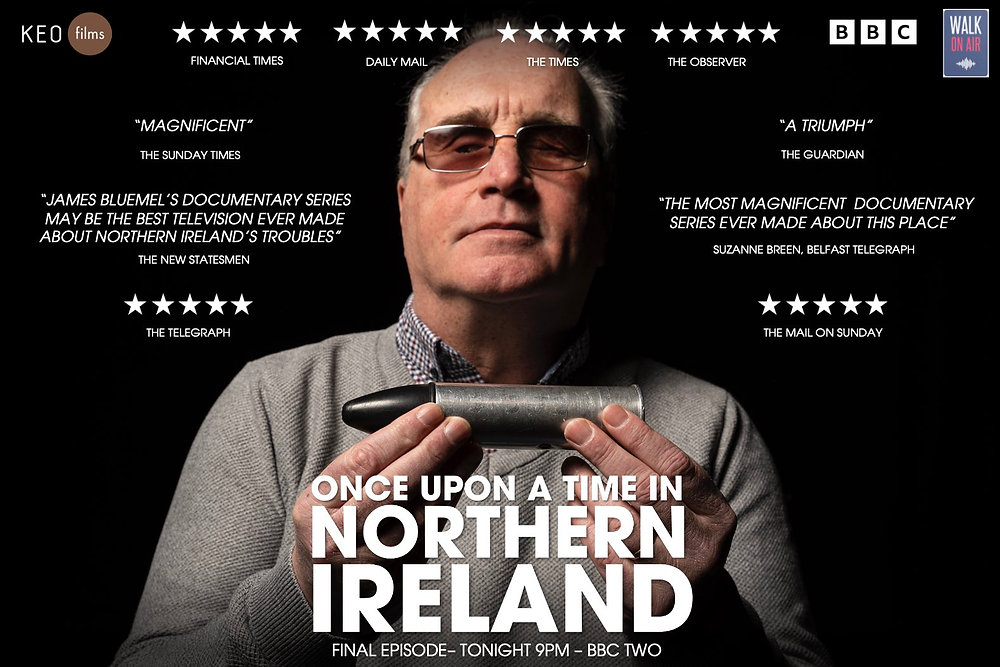
BBC: Once Upon A Time in Northern Ireland

Netflix: The Puppet Master: Hunting the Ultimate Con man.
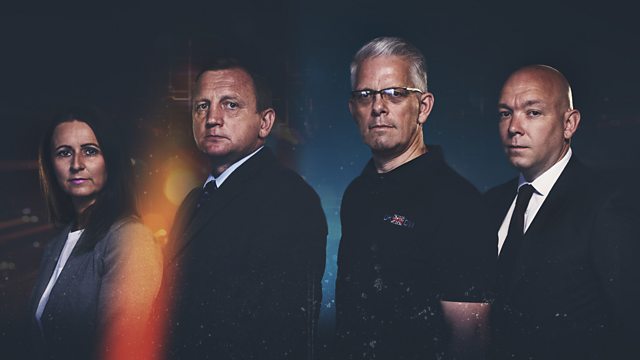
BBC2: Hunting the Essex Lorry Killers.
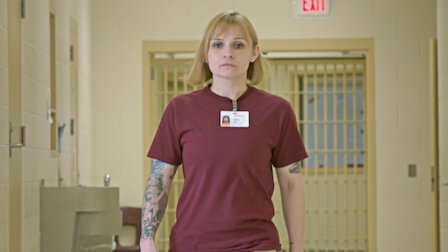
Netflix: I Am A Killer.
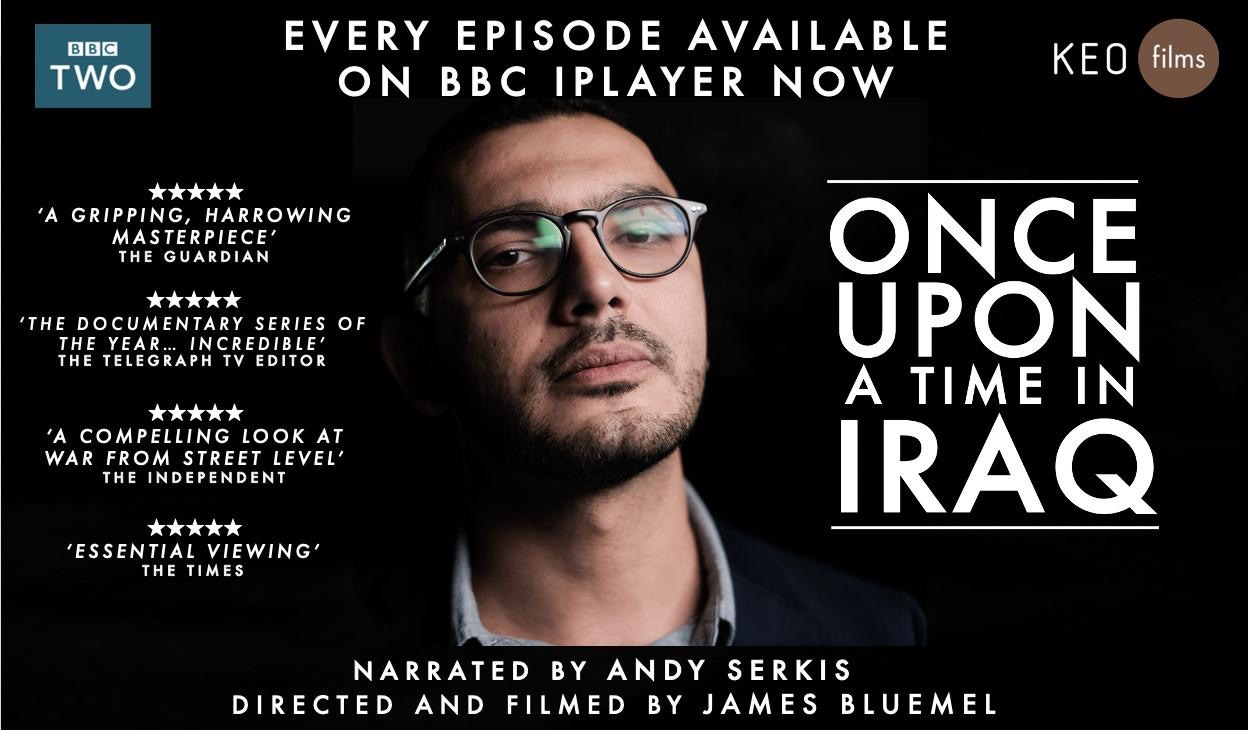
BBC2: Once upon a time in Iraq.
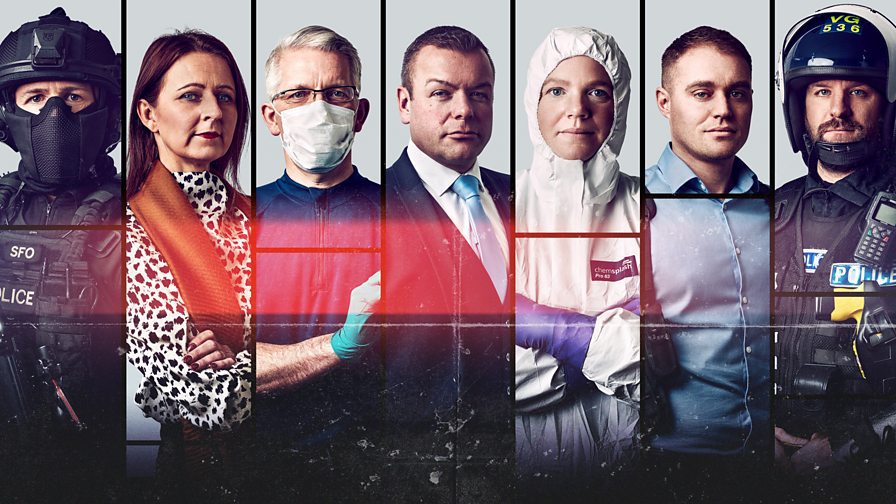
BBC2: Murder 24/7.
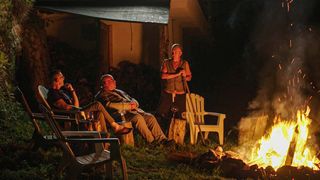
Channel 5: Allo Allo! Brits in France.
NGO
Not dissimilar to the media industry, NGOs and INGOs have not only a different way of assessing risk but an increased tolerance to accepting it, rather than insisting it can always be mitigated.
They are also equipped in different ways to their corporate cousins, often stronger in trusted local resources and weaker in areas more heavily invested in by profit making entities.
Rather than 'reasonably foreseeable' the risks faced are often probable or even likely, and these organisations must be in a position to respond at pace and in a robust manner to their employees being in the wrong place at the wrong time, to risks that cannot be mitigated in the field.
The people drawn to work in this sector often see their profession as a vocation, creating further challenges in ensuring personnel remain psychological healthy with generally increased risk of both vicarious trauma and burnout.
